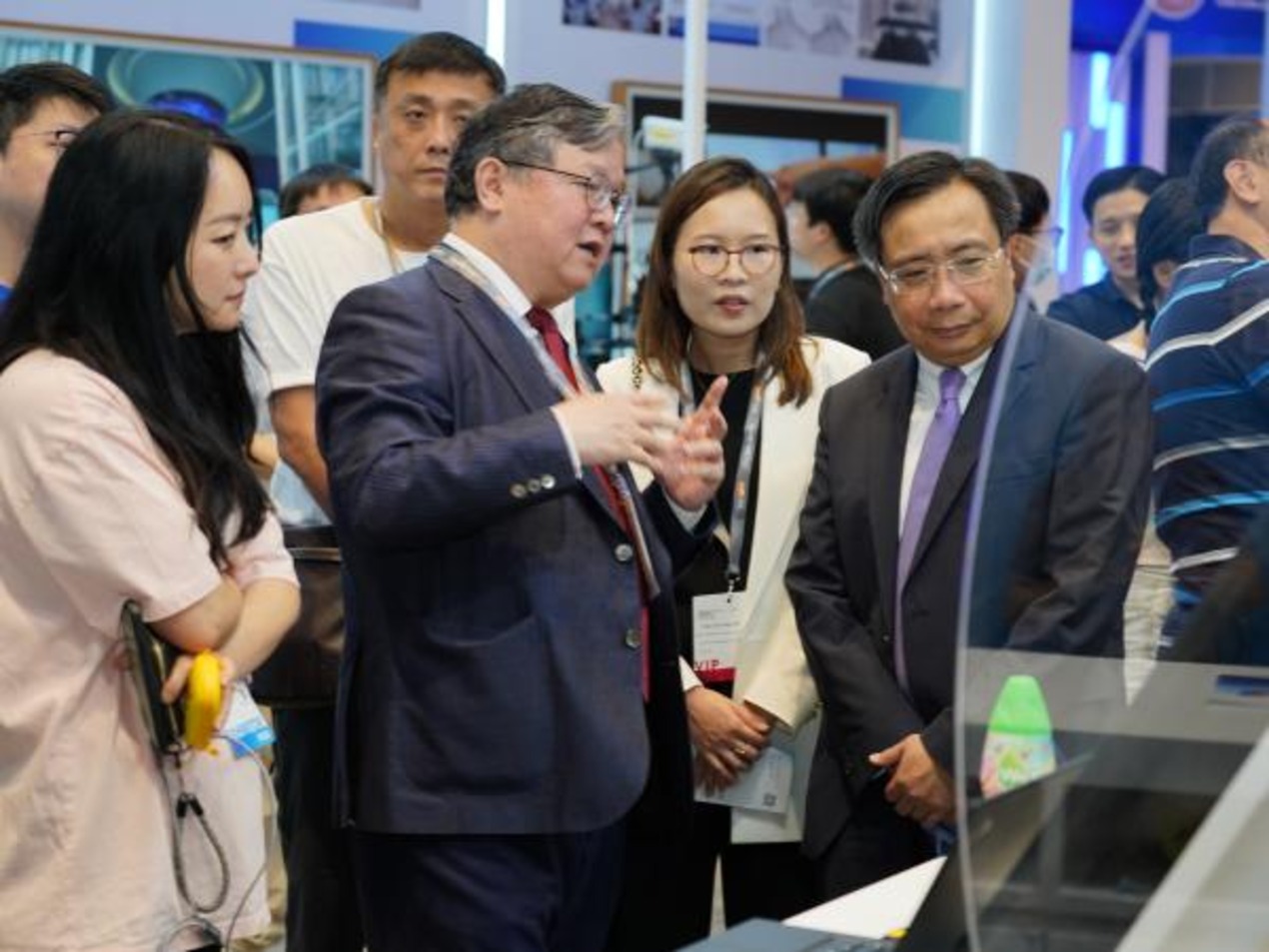
Australia’s national science agency, CSIRO, has teamed up with fellow researchers from the University of Sydney, UNSW Sydney, Vienna University and the United Nations Environment Programme to develop the material footprint indicator. The tool tracks and monitors reporting done by each country on international material supply chains to deliver credible, science-based information on countries’ material footprints, and was described in Nature Sustainability recently. The research shows the global material footprint has quadrupled since 1970 and it is not projected to decline significantly for decades.
A country’s material footprint captures the raw materials they consume domestically, showing where those resources come from globally. For example, materials used to make cars in Japan that are exported to Australia go into Australia’s material footprint.
The CSIRO Group Leader for Urban and Industrial Transformations, is the paper’s coordinating author, stated that the size of the global material footprint has consequences for climate mitigation, biodiversity, and waste and pollution outcomes. Net-zero carbon can only be achieved if supported by a significant change in material composition reducing the share of carbon-intensive materials, for example, in construction and transport.
Australian governments can rely on the material footprint measure and the new global capability to inform resource productivity, recycling and clean energy, net-zero and waste reduction efforts. This places Australia as a global leader to inform the decoupling of economic growth and living standards from adverse environmental and climate impacts.
While the tool draws on existing data provided by each country, there is currently no international reporting facility providing global, detailed, continuous and timely information on countries’ material footprints that allows countries to undertake their own footprint analysis and compare it with other countries.
The easy-to-use technological platform will enable government agencies, statistical offices, academics, consultants and practitioners to support evidence-based decision making to reduce the material footprint of economic development.
The Professor of Sustainability Research at UNSW is a co-author on the paper and said that the material footprint indicator provides a comprehensive account of environmental pressure related to a country’s demand. It’s a counterweight to the omnipresent economic growth indicators of GDP (gross domestic product) or stock exchange rates that dominate public discourse and completely fail to address planetary environmental issues, he noted.
As part of achieving the UN’s Sustainable Development Goals, countries can adopt a circular economy and reduce waste through reuse, recycling and waste avoidance. High-income countries such as China, America, the United Kingdom and Australia tend to have the highest material footprint. Put simply, they have larger houses, more infrastructure and are bigger consumers.
The Lead author on the paper, from the University of Sydney, said the final consumption of households in affluent countries is the main driver of the world’s material footprint, with mid-income emerging economies catching up rapidly, particularly through investment in infrastructure development. “For two of the UN’s sustainable development goals, there has been no way to measure how the global economy measures up. How can we reach goals when we can’t quantify our track record?” the Prof said.
Shifting away from material-intensive lifestyles requires maximising product lifetimes, reusability, repairability, and recyclability, while also reducing obsolescence and consumption that doesn’t enhance wellbeing.
















